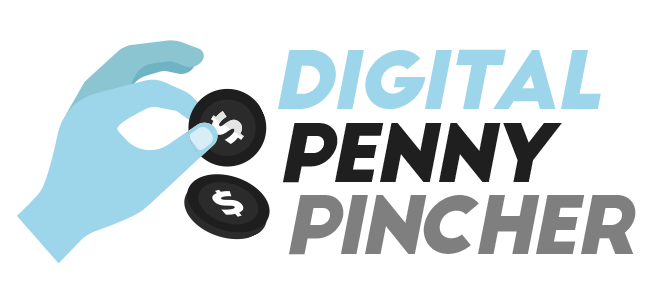Budgeting is the cornerstone of financial stability and success. Whether you’re aiming to save for a big purchase, pay off debt, or simply gain better control over your finances, creating a budget is the first step towards achieving your goals. If you’re new to budgeting, don’t worry – we’ve got you covered. In this beginner’s guide, we’ll walk you through the basics of budgeting and provide you with actionable tips to help you get started on the path to financial well-being.
Understand Your Income and Expenses:
-
- Begin by gathering information about your income sources, including your salary, wages, and any additional sources of revenue.
- Next, track your expenses by categorizing them into fixed (e.g., rent, utilities) and variable (e.g., groceries, entertainment).
- Use online tools or budgeting apps to simplify the process and gain insights into your spending habits.
Set Financial Goals:
-
- Determine your short-term and long-term financial objectives, such as saving for a vacation, paying off debt, or building an emergency fund.
- Make your goals specific, measurable, achievable, relevant, and time-bound (SMART) to increase your likelihood of success.
Create a Budget:
-
- Allocate your income to cover your essential expenses first, such as housing, transportation, and groceries.
- Allocate a portion of your income towards savings and debt repayment goals.
- Be realistic and flexible with your budget, adjusting as needed to accommodate unexpected expenses or changes in income.
Track Your Progress:
-
- Regularly monitor your spending and compare it to your budgeted amounts.
- Use tracking tools or spreadsheets to visualize your progress and identify areas where you can cut back or reallocate funds.
Make Adjustments:
-
- Review your budget periodically and make adjustments based on changes in your financial situation or goals.
- Celebrate your successes and learn from any setbacks, using them as opportunities to refine your budgeting strategy.

